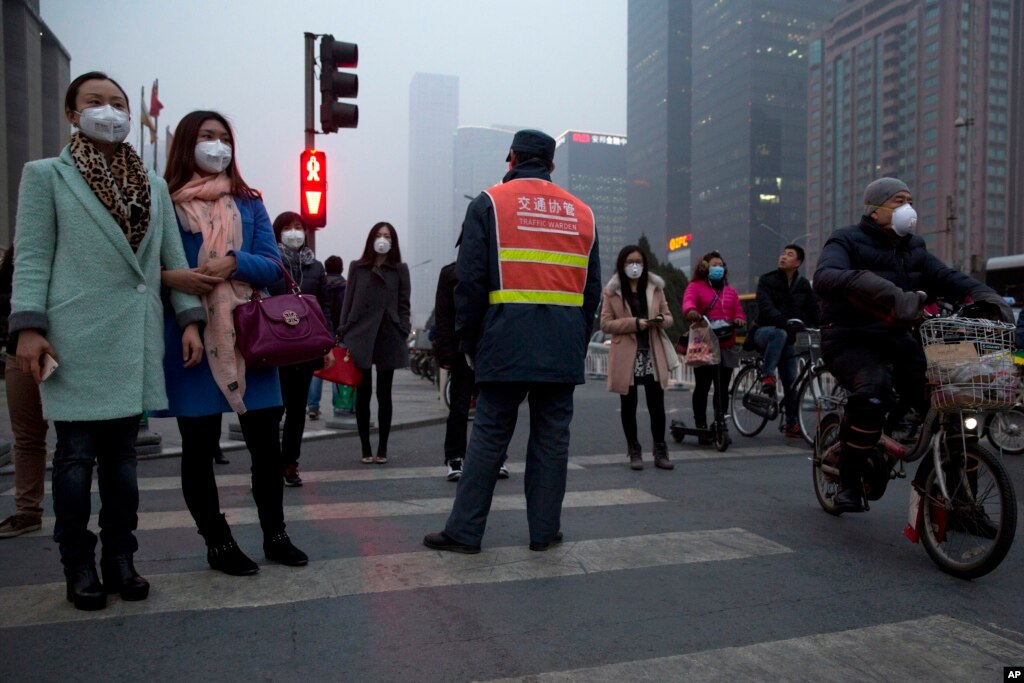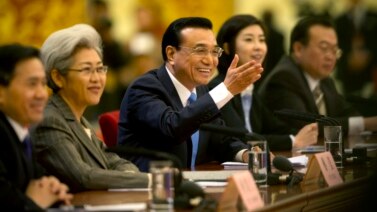
Many Beijing residents were surprised when its polluted air was cleared in the past few weeks.
The air in Beijing is well-known for being thick and polluted because of smoke, or emissions, from factories and power plants. But two weeks before the country’s massive military parade, the skies became clear.
The day after the military parade, the combination of smoke and fog, called smog, returned. The Los Angeles Times reported the story after the military parade last week.
What happened?
China’s state-run Global Times reported that officials shut down 10,000 factories and 9,000 construction sites around Beijing and nearby areas. Authorities also restricted millions of cars to driving every other day. Those restrictions started in late August to ensure that the sky over Beijing would be what is now known as “parade blue.”
Air quality measured 17 on a scale of 500 the day of the parade. The day after, it rose to 160. The U.S.Environmental Protection Agency says, at those levels, “everyone may begin to experience some adverse health effects.”
Chinese authorities have cleaned the air for special events in the past, as well. They restricted pollution during the Asia-Pacific Economic Cooperation summit last August for “APEC blue.”
The 2008 Olympics that were hosted by the Chinese also saw cleaner air. Studies after the Olympics showed a relation between the restricted pollution and an improvement in heart disease.
I'm Jonathan Evans.
Kathleen Struck adapted the story. Hai Do was the editor.
Words in This Story
emissions - n. air, smoke, heat or other substance that is released
power plant - n. a building where energy, or power, is created for a town or city or other place
smog - n. a combination of smoky, polluted air and fog: The air looks foggy, but pollution is mixed with it.


